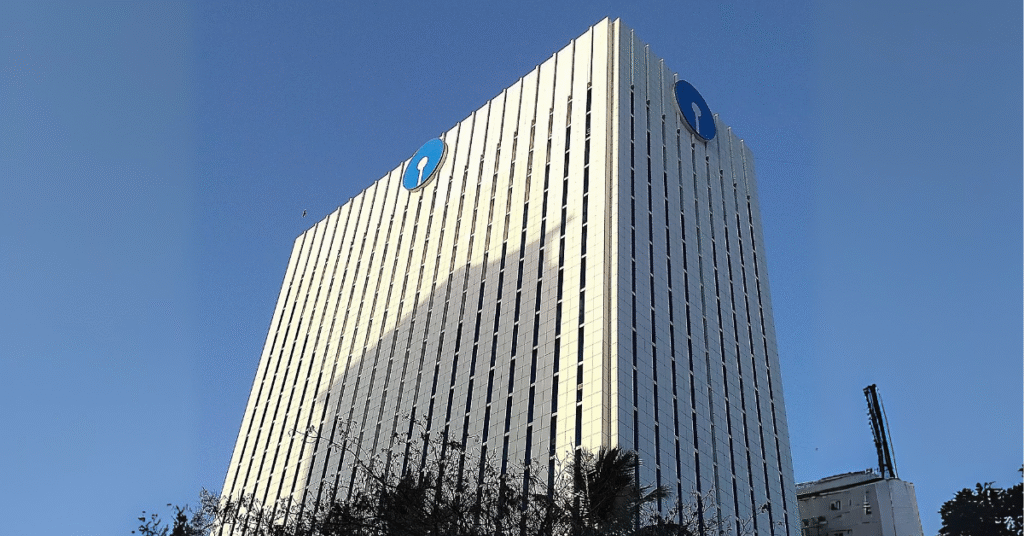India’s largest bank, State Bank of India (SBI), concluded a ₹25,000 crore Qualified Institutional Placement (QIP) the country’s largest ever underscoring strong investor confidence and marking a pivotal growth inflection for the public sector behemoth.
Major Fundraise, Strong Demand
- SBI issued 30.6 crore equity shares at ₹817 per share, representing a ~1% discount to its closing price—totaling ₹25,000 crore.
- The QIP was oversubscribed 3–4 times, with bids reaching ₹1 lakh crore. International asset managers (such as BlackRock, GIC), hedge funds (Marshall Wace), and LIC participated, signaling robust demand.
Capital Strategy and Allocation
- Majority of funds will support loan book expansion retail, SME, and corporate bolstering loan growth ambitions. A portion will be used to strengthen capital ratios, with CET‑1 expected to rise from ~10.8% to ~11.5%.
- Concurrently, SBI’s board approved plans to raise up to ₹20,000 crore via Basel III–compliant bonds in FY 26, reinforcing capital discipline.
Market Response and Shareholding Impact
- On QIP announcement, SBI shares rose ~1.3%, reflecting confidence in its growth strategy.
- LIC increased its stake to 9.49%, acquiring shares worth ₹5,000 crore. The Government’s holding trimmed to ~55%.
Why This Matters
- This marks SBI’s first equity raise since FY 18, when it collected ₹15,000 crore.
- With a dominant 23% asset share in Indian banking and 500 million+ customers, SBI’s scale ensures any capital move reverberates across the system. The QIP underscores its dual focus: growth and resilience.
Strategic Takeaway:
SBI’s ₹25,000 crore QIP is more than a capital raise—it’s a strategic pivot. It equips the bank to fund future growth while reinforcing its buffer in a changing regulation and economic landscape.
Follow StartupStoryIndia for more stories on how India’s largest institutions balance scale, strategy, and sustainability.

